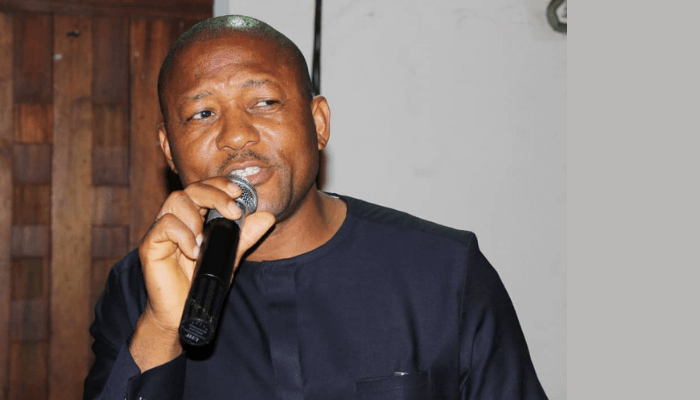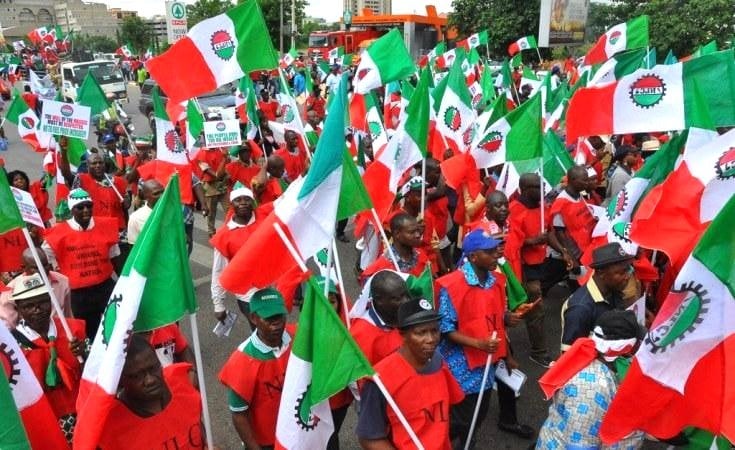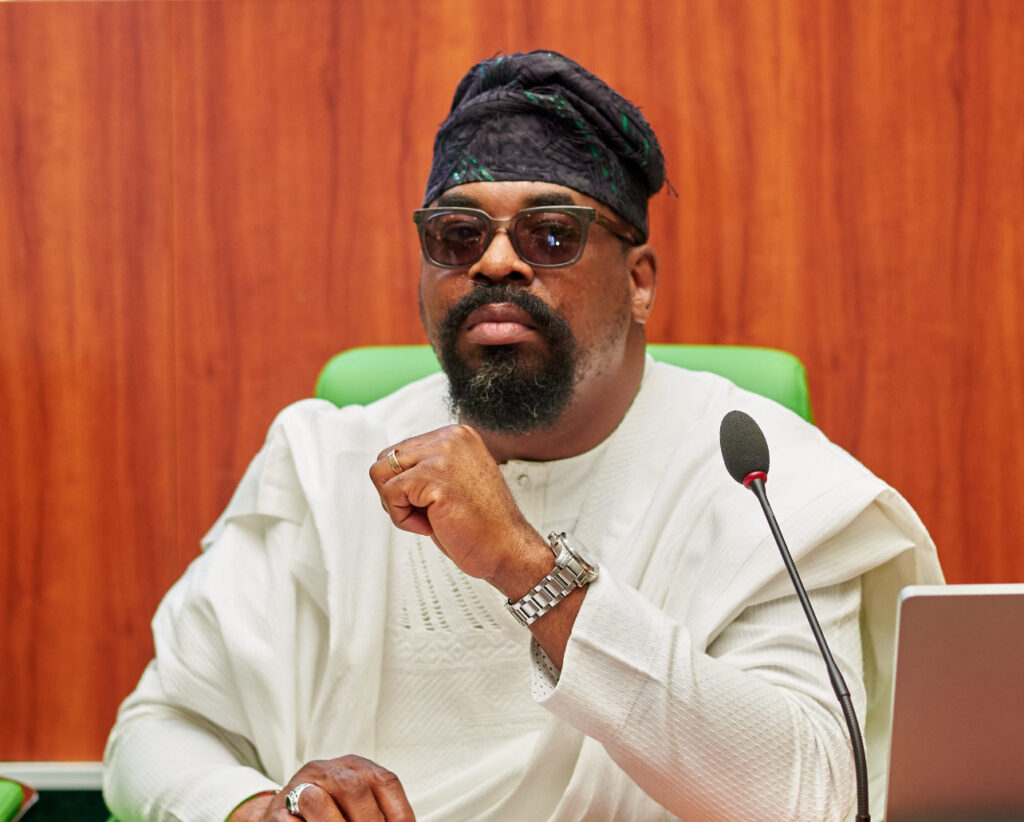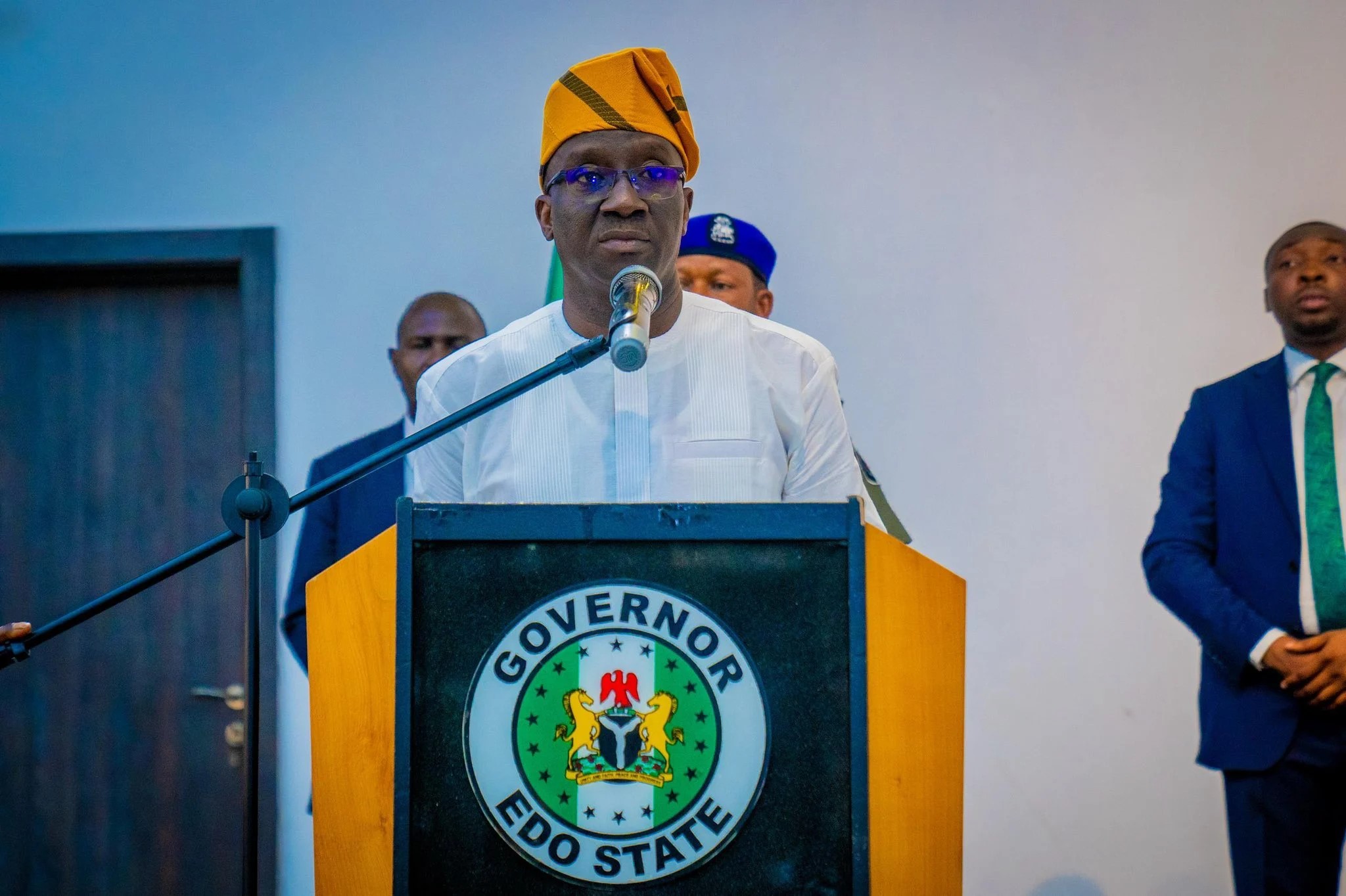
Nigerian seafarers have issued a strong call for maritime reform, citing widespread harassment, neglect, and poor welfare conditions aboard ships operating within and beyond Nigeria’s waters. The call was made during the 2025 Day of the Seafarers event held in Lagos, organised by the National Seafarers’ Welfare Board of Nigeria (NSWBN).
Legal adviser to NSWBN, Mr. Osuala Emmanuel Nwagbara, said Nigerian seafarers face hostile work environments, ranging from verbal abuse and physical threats to job insecurity and lack of legal redress. He described the current situation as “unhealthy, unsafe, and unethical,” and called for urgent intervention by maritime regulators.
Nwagbara noted that inadequate implementation of existing laws and the absence of comprehensive grievance mechanisms have left seafarers, especially women, vulnerable to abuse. He argued that the failure to provide safe and fair working conditions not only affects the mental health and productivity of workers but also damages Nigeria’s reputation in global maritime trade.
He urged Nigeria to adopt and domesticate the latest conventions of the International Maritime Organisation (IMO) and the International Labour Organisation (ILO), and to incorporate them into national agreements governing maritime employment. He also proposed establishing anonymous reporting channels, onboard gender equity policies, and third-party audits to ensure compliance.
Speaking at the same event, the Executive Secretary of NSWBN, Mrs. Juliana Gunwa, said the theme “Seafarers’ Contribution to the World” was an opportunity to recognise and address the needs of Nigerian maritime workers. She advocated for public-private partnerships to implement seafarer support programmes, including mental health services and legal aid.
Also speaking, Funmi Folorunso, Secretary-General of the African Shipowners’ Association, echoed calls for policy reform and encouraged greater investment in seafarer education and safety. Reverend Francis Aduroja of the Mission to Seafarers called for faith-based support and greater inclusion of seafarers’ voices in policy discussions.
The event concluded with seafarers pledging to speak out against abuse and discrimination through the “My Harassment-Free Ship” campaign, aimed at fostering a culture of respect and accountability in Nigeria’s maritime sector.












